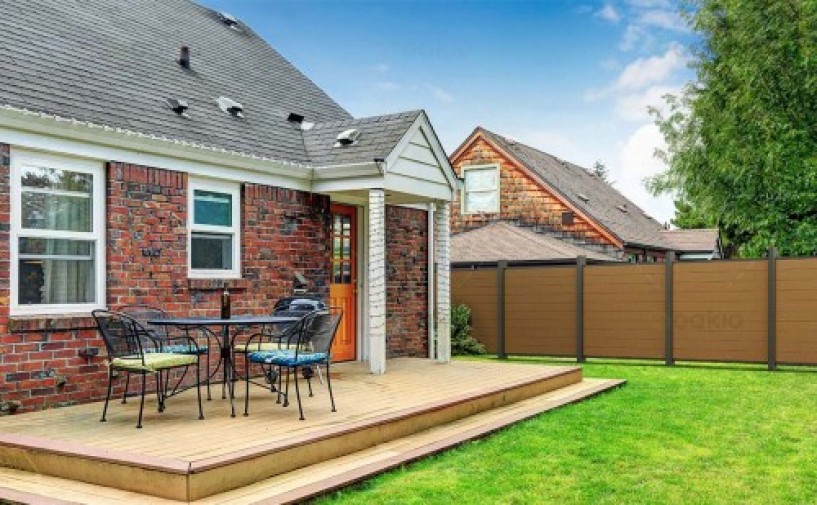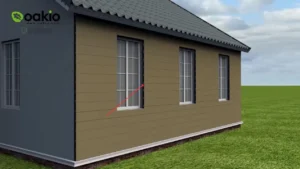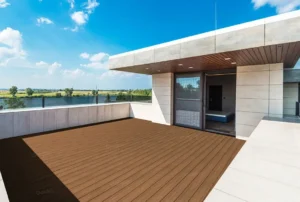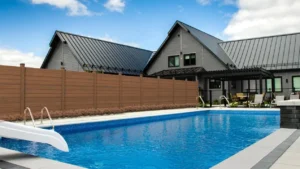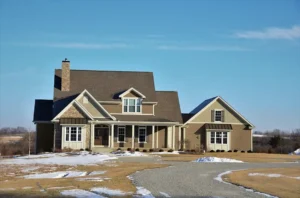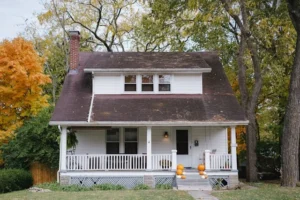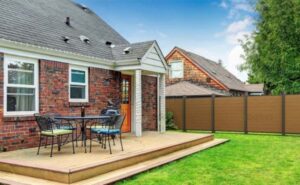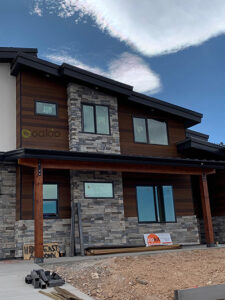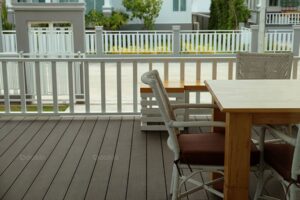Differences Between the WPC Board and PVC Board
There are many floor materials on the market today, and the WPC board and PVC board are currently the more common ones. So the question is, do you know the differences between WPC board and PVC board? What are the advantages of the WPC board? In this article, we will explore the characteristics, advantages, and disadvantages of WPC (Wood-Plastic Composite) and PVC (Polyvinyl Chloride) boards.
What is WPC Board?
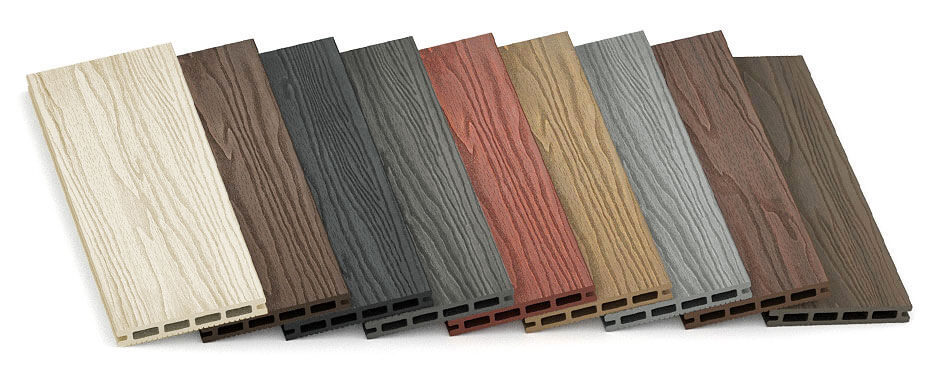
WPC board, short for Wood-Plastic Composite board, is a hybrid material composed of wood fibers or flour and thermoplastics. This combination results in a board that combines the natural aesthetics of wood with the durability and versatility of plastic. WPC boards are known for their eco-friendly nature and find applications in decking, cladding, furniture, and more.
What is PVC Board?
PVC board, or Polyvinyl Chloride board, is a synthetic material made from vinyl resin and various additives. It is widely used in construction, furniture, signage, and other applications. PVC boards are valued for their durability, versatility, and low maintenance requirements.
What are the Advantages and Disadvantages of WPC Boards?
| Advantages of WPC Board | |
|---|---|
| High-quality physical properties | The WPC board not only has a certain degree of hardness, but also has the advantages of non-slip, wear-resistant, non-cracking, waterproof, anti-corrosion, insulation, and heat insulation. |
| Good environmental performance | WPC boards do not contain toxic substances and preservatives, so they do not emit formaldehyde, benzene, or other harmful substances. As a result, they do not pollute the environment and are biodegradable and recyclable. |
| Beautiful appearance and good texture | The WPC board has the appearance and texture of wood, but it is much more stable than wood in size, so it will not cause cracks, deformation, etc. |
| Good processing performance: | WPC board can be processed twice, such as sawing, planing, bonding, and fixing with screws, so the construction is very convenient and it has a wide range of applications. |
WPC boards have many advantages. However, WPC boards also have some disadvantages, including:
| WPC Board Disadvantages | |
|---|---|
| Moisture absorption | Due to the presence of wood fibers, WPC boards can absorb moisture if not properly sealed or maintained. |
| Cost | WPC boards tend to be more expensive than traditional wood or PVC alternatives. |
What are the Advantages and Disadvantages of PVC Boards?
PVC boards offer several advantages, such as:
- Waterproof: PVC boards are inherently waterproof, making them suitable for applications where moisture resistance is crucial.
- Durability: They are resistant to rot, warping, and insect damage, ensuring their longevity.
- Low maintenance: PVC boards require minimal maintenance, saving time and effort.
However, PVC boards also have some disadvantages, including:
- Lack of natural aesthetics: Unlike WPC or wood, PVC boards may not provide the same natural appearance.
- Heat sensitivity: PVC boards can expand and contract with temperature changes, potentially causing warping or buckling.
Difference between WPC Board and PVC Board(WPC Board VS PVC Board)
First of all, the raw materials are different. For example, the WPC boards are made of wood fibers and polymer plastics which are extruded after heating, which are environmentally friendly materials and have good weather resistance; While PVC boards are made of PVC materials, which are light in weight, weather resistant, and acid resistant. It is weak in alkalinity but has a certain degree of hardness. There are also different uses, the WPC boards are used for outdoor decoration; While PVC boards are used for packaging and indoors.
The main difference between WPC and PVC board can be summarized as follows:
| Differences | WPC Board | PVC Board |
|---|---|---|
| Material composition | WPC boards combine wood fibers and thermoplastics | PVC boards consist of vinyl resin and additives |
| Waterproof properties | WPC boards exhibit some water resistance but are not completely waterproof | PVC boards are inherently waterproof |
| Aesthetics | WPC boards offer a more natural appearance, resembling real wood | PVC boards may lack the same authenticity |
People Also Ask about WPC Board and PVC Board
6.1 Is WPC Board Waterproof?
WPC boards have some water resistance but are not completely waterproof due to the presence of wood fibers. Proper sealing and maintenance can enhance their moisture resistance.
6.2 Is PVC Board Waterproof?
Yes, PVC boards are inherently waterproof. The combination of vinyl resin and additives creates a non-porous material that does not absorb water.
To make informed decisions in construction and design projects, it is crucial to understand the difference between WPC and PVC boards. WPC boards, known for their natural aesthetics and durability, and PVC boards, renowned for their waterproof properties and low maintenance requirements, offer distinct advantages. By considering the waterproof characteristics of PVC boards and the advantages and disadvantages of both materials, you can choose the most suitable option for your specific needs.
Trending Reading
What Are the Differences Between the WPC Board and PVC Board?
[2024 Update] How Long Does WPC Decking Last?
